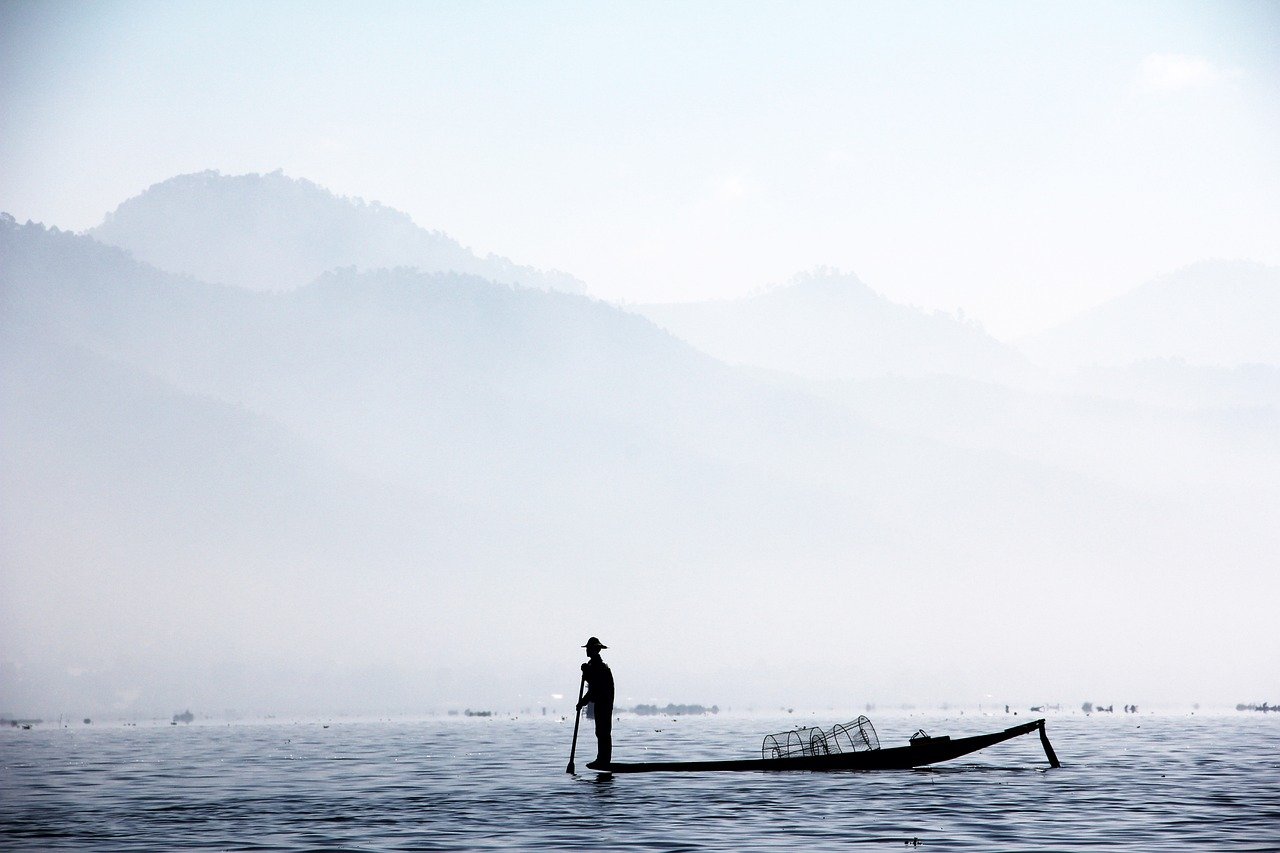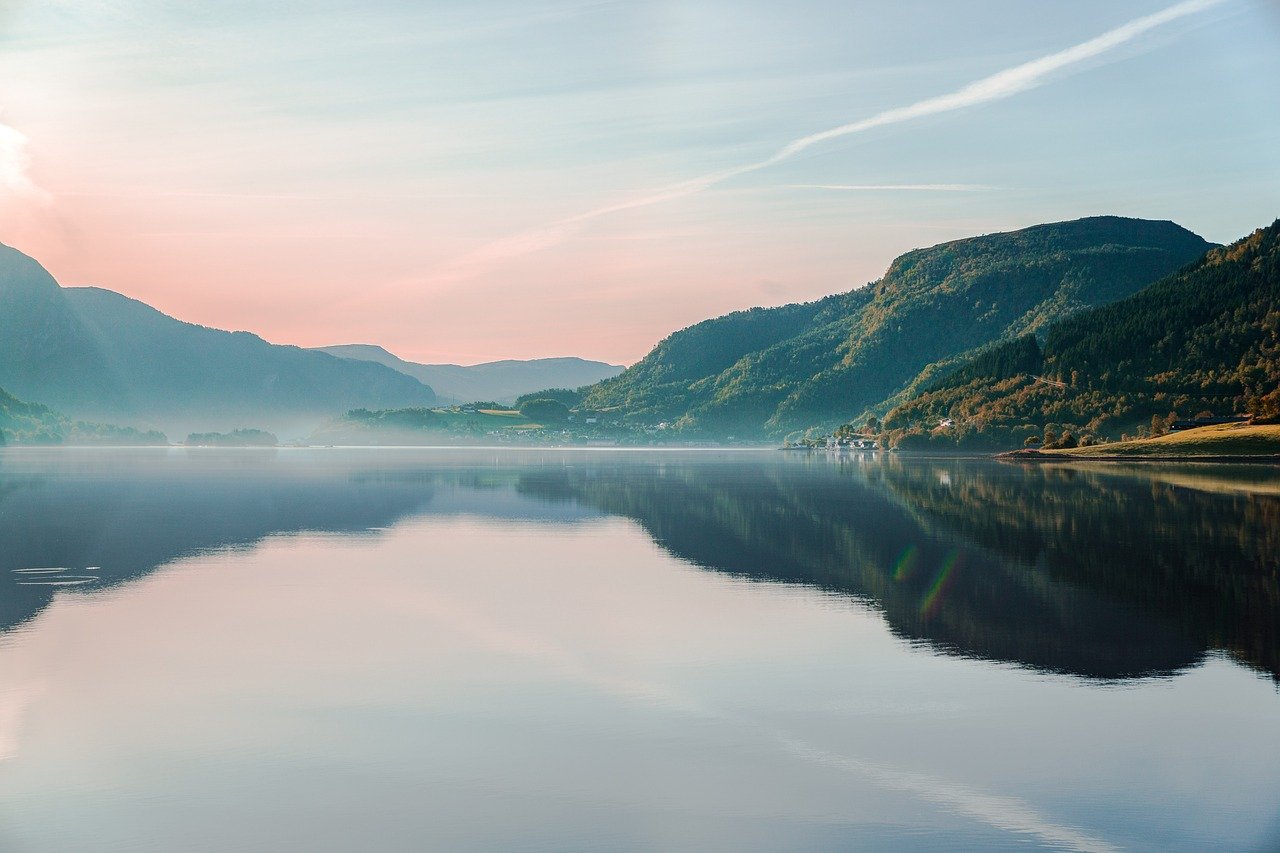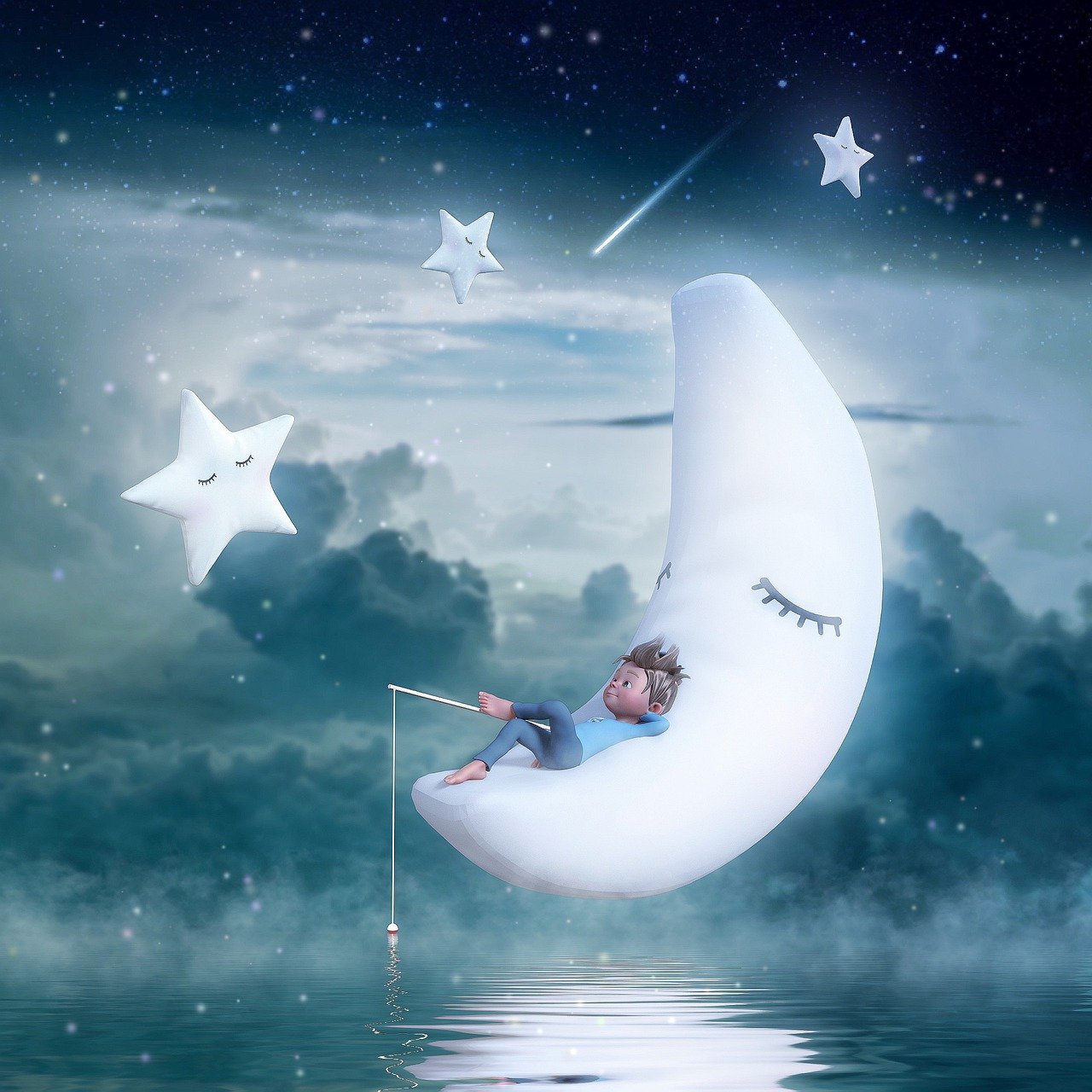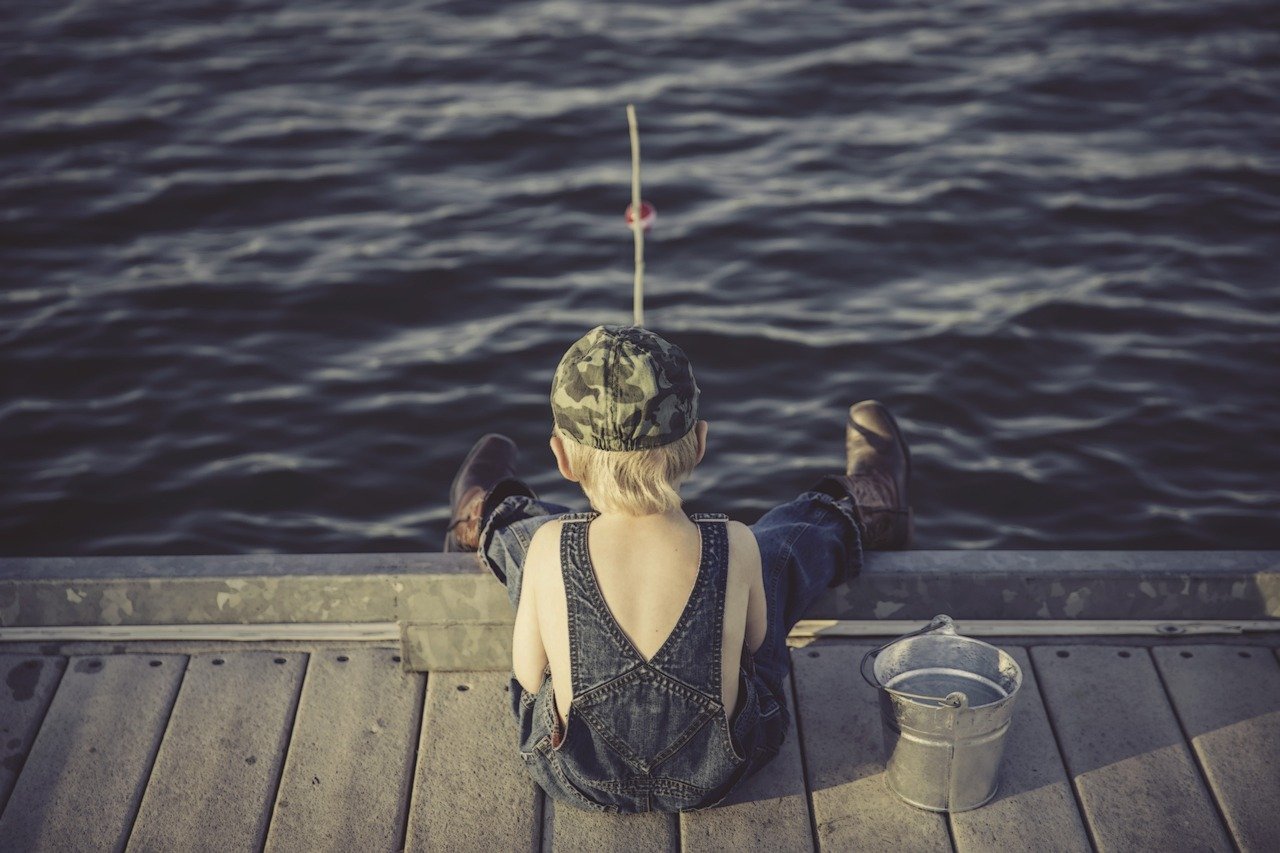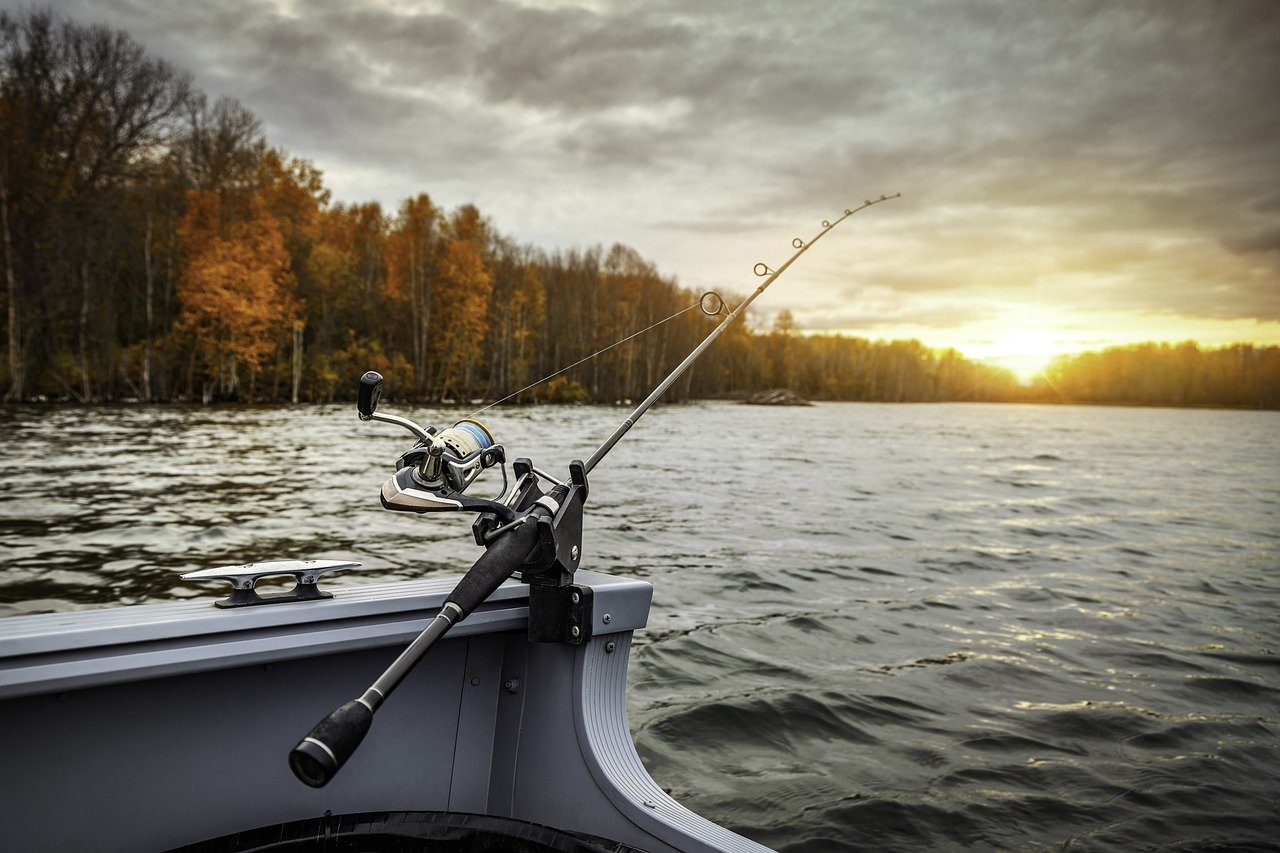Embarking on a journey to discover the finest spots for fishing in Ohio, one cannot overlook the pristine waters of Lake Erie and Mosquito Lake. These gems offer anglers an unparalleled experience, boasting an impressive array of fish species and breathtaking natural beauty. With vast expanses of open water, rich biodiversity, and robust fish populations, these lakes have solidified their status as top destinations for both seasoned fishermen and those new to the sport. Join us as we explore what makes Lake Erie and Mosquito Lake the ultimate fishing havens in Ohio, promising exciting adventures and memorable catches.
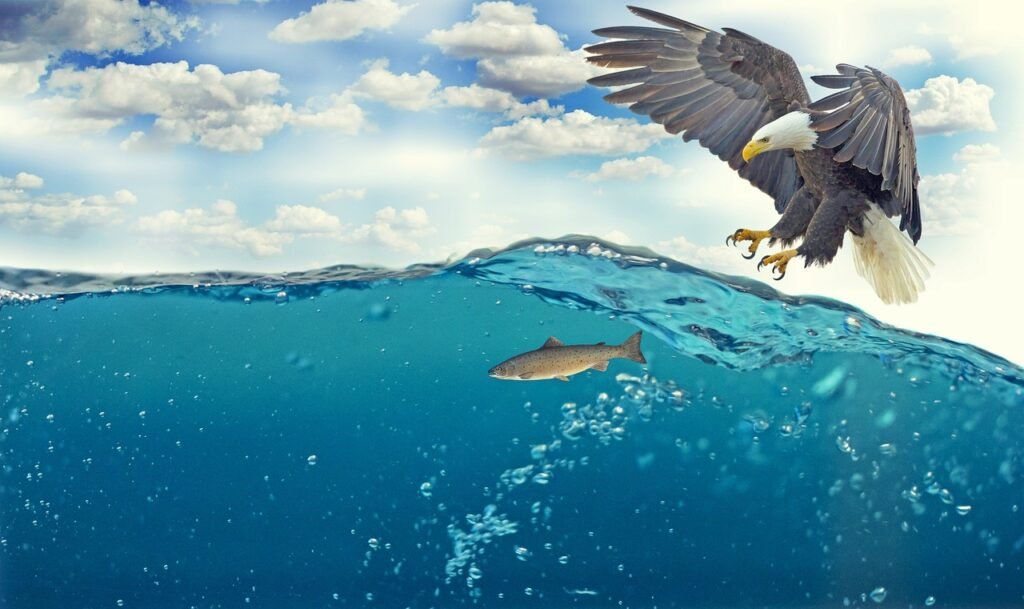
This image is property of pixabay.com.
Overview of Ohio’s Best Fishing Lakes
Lake Erie
When we think of prime fishing locations in Ohio, Lake Erie often tops our list. As the fourth-largest of the Great Lakes, it offers an expansive area teeming with a diverse array of fish species. It’s a haven for both casual anglers and seasoned professionals looking to catch their next big trophy fish. The lake’s vast surface area and varied environments make it a versatile fishing destination throughout the year.
Mosquito Lake
In contrast to the grand scale of Lake Erie, Mosquito Lake offers a more intimate fishing experience. Nestled in Trumbull County, its relatively smaller size doesn’t diminish the quality or excitement of fishing it provides. Renowned for its excellent populations of bass, crappie, and walleye, Mosquito Lake is a cherished spot among local fishing enthusiasts. It’s also surrounded by picturesque scenery, making every fishing trip as beautiful as it is enjoyable.
Understanding Lake Erie
Basic information about Lake Erie
Lake Erie, the shallowest among the Great Lakes, warms up quickly in the spring and summer, providing an ideal environment for a wide range of fish species. Its accessibility from multiple points along Ohio’s northern border makes it a popular choice for both Ohioans and visitors from neighboring states.
Location and Size
Spanning the border of the United States and Canada, Lake Erie stretches over 241 miles in length and 57 miles in width at its widest point. It’s an expansive body of water, covering about 9,910 square miles. For us in Ohio, the lake is easily accessible from cities like Toledo, Sandusky, and Cleveland.
Species of fish available
Lake Erie is renowned for its walleye and perch fisheries, considered some of the best in the world. Besides these, anglers can also catch bass, trout, and a variety of panfish, offering a wide array of options depending on the season and fishing location.
Best fishing seasons
The best times to fish in Lake Erie vary by target species. Walleye fishing is excellent in the late spring and early summer, while perch fishing peaks in the fall. Trout and bass can be pursued effectively in the spring and fall months.
Fishing regulations and restrictions
To maintain its vibrant fish populations, several regulations and restrictions are in place on Lake Erie. These include size and bag limits for various species, and in some cases, equipment restrictions. Always check the current regulations before heading out on your fishing adventure.
Fishing Hotspots in Lake Erie
Western Basin
The shallow waters of the Western Basin are famous for their spring walleye run. Islands like Put-in-Bay offer great opportunities for both boat and shore anglers.
Central Basin
The Central Basin is deeper and colder, making it a prime location for perch, steelhead, and walleye during the summer months. Lorain to Cleveland is a hotspot area, with numerous reefs and underwater structures.
Eastern Basin
The Eastern Basin, reaching the deepest points of the lake, is excellent for trout and walleye. The area near Erie, PA, particularly stands out for its productive fishing grounds.
Harbors and piers for fishing
Many harbors and piers along Lake Erie’s coast, such as those in Toledo, Sandusky, and Ashtabula, offer convenient fishing spots with a high chance of success.
Fishing services available
Numerous charters and guide services operate along Lake Erie’s shores, catering to all levels of experience. They offer a range of services from half-day trips to multi-day excursions.
Techniques for Fishing in Lake Erie
Trolling
Trolling is a popular and effective technique on Lake Erie, especially for catching walleye and trout. It involves pulling lures or bait through the water behind a slowly moving boat.
Drifting
Drifting lets natural or artificial baits move with the current or wind, appealing to fish like walleye and perch, which prefer bait presented in a natural manner.
Still fishing
For those who prefer a relaxed pace, still fishing from a dock, pier, or anchored boat can yield great catches, especially when targeting perch and panfish.
Casting
Casting lures or bait from shore or a boat can be effective around structures like piers, reefs, and rocks, where many fish species congregate.
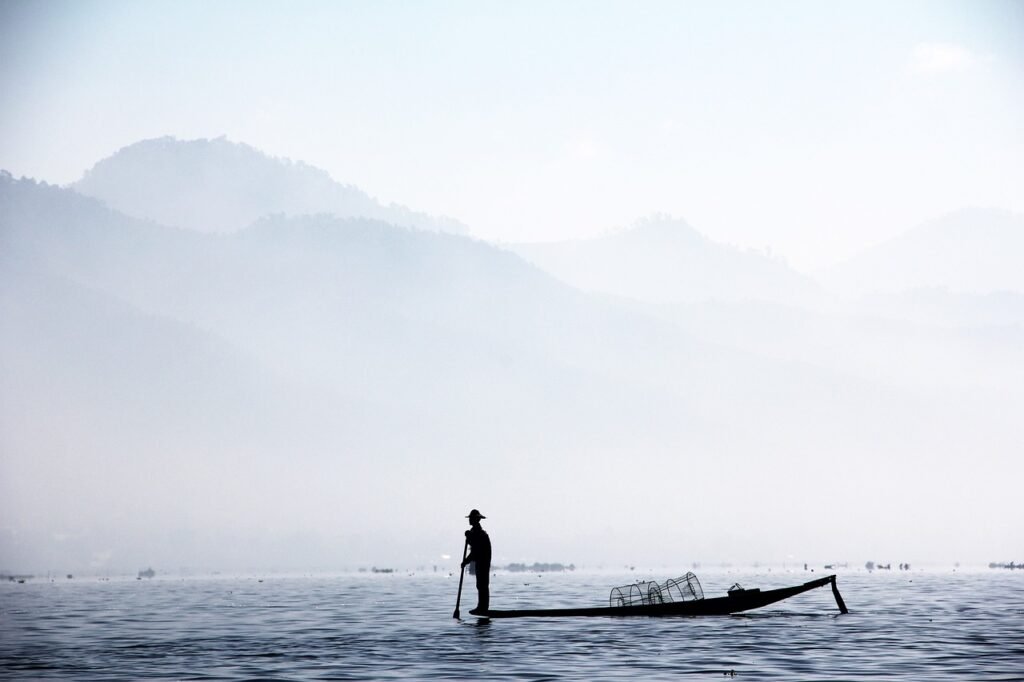
This image is property of pixabay.com.
Understanding Mosquito Lake
Basic information about Mosquito Lake
Despite its ominous name, Mosquito Lake is a cherished fishing gem in Trumbull County. Its calm waters and rich aquatic environment make it an ideal spot for anglers of all skill levels.
Location and Size
Mosquito Lake is relatively large for an inland lake, covering over 7,000 acres. It’s easily accessible from nearby communities, making it a convenient location for a day trip or weekend getaway.
Species of fish available
Anglers at Mosquito Lake can expect to find a bountiful variety of fish, including bass, crappie, walleye, and catfish. Its diverse habitats support healthy populations of these and other species throughout the year.
Best fishing seasons
Fishing at Mosquito Lake can be productive in all seasons. Spring and fall are particularly good times for bass and crappie, while ice fishing for walleye and panfish is popular during the winter months.
Fishing regulations and restrictions
To protect the lake’s resources, certain regulations must be followed, such as size and bag limits on specific species. Always verify the current rules before fishing.
Fishing Hotspots in Mosquito Lake
Northern portion of the lake
The northern part of Mosquito Lake, with its numerous coves and shallower waters, is excellent for spring bass fishing.
Southern portion of the lake
The deeper waters in the southern part of the lake are where anglers often find success with walleye and crappie, especially in the cooler months.
Western and Eastern banks
Both banks of Mosquito Lake offer promising spots for shore anglers, with areas rich in aquatic vegetation that attract fish.
Mosquito Lake State Park
Within the state park, anglers have access to boat launches, fishing piers, and beautiful shorelines, making it a favorite spot for families and serious anglers alike.
Fishing services available
Guided fishing trips and boat rental services are available around Mosquito Lake, offering added convenience and expertise for those looking to maximize their catch.
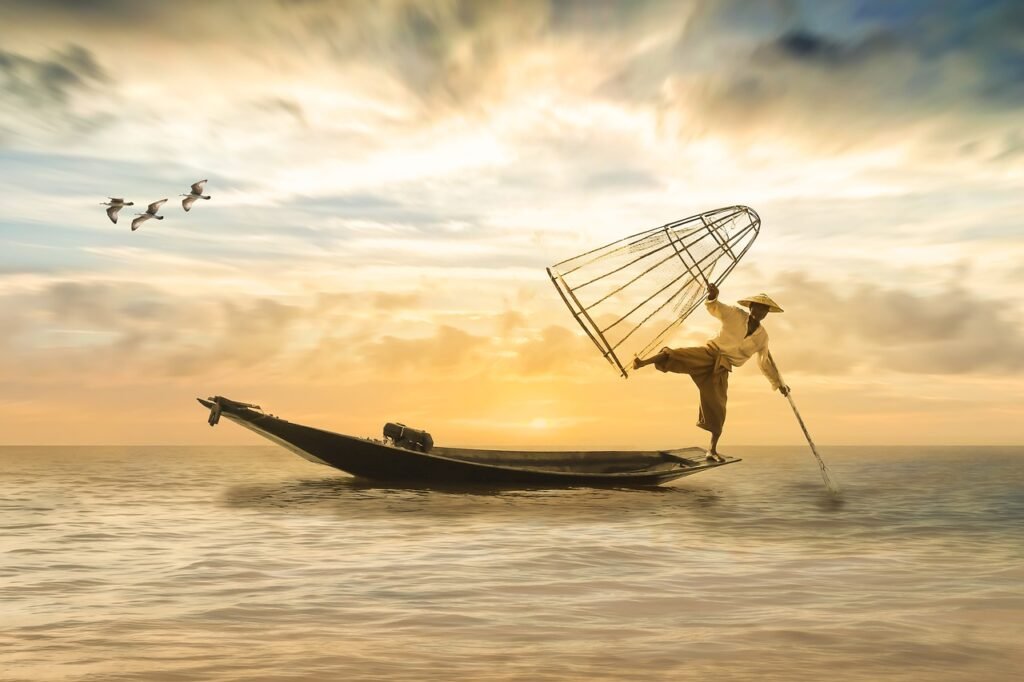
This image is property of pixabay.com.
Techniques for Fishing in Mosquito Lake
Fly fishing
Fly fishing is a favorite method in the shallower coves and along the banks, especially for catching bass and panfish.
Ice fishing
During the winter, ice fishing becomes a popular activity, with anglers targeting walleye, crappie, and other species through the ice.
Trolling
Trolling in the deeper parts of Mosquito Lake can be very productive, especially for catching walleye and crappie.
Still fishing
Setting up in one location with bait can yield good results, especially when targeting catfish and carp.
Casting
Casting from the shore or a boat with lures or live bait is an effective way to catch a variety of fish, including bass and perch.
Guides and Charters
List of popular fishing guides in Ohio
Ohio is home to many experienced fishing guides and charters, especially around Lake Erie and Mosquito Lake. These professionals offer local knowledge and expertise to help anglers of all levels improve their chances of a successful outing.
Services offered by fishing charters
Fishing charters in Ohio typically offer half-day and full-day trips, equipment rental, and often provide tips and techniques specific to the target species and current fishing conditions.
How to choose the right guide or charter
When selecting a guide or charter, consider their experience, reputation, and the specifics of what they offer to ensure it aligns with your fishing goals and preferences.
Accommodation and Amenities
Accommodation options around Lake Erie
Around Lake Erie, anglers can find a range of accommodation options, from campgrounds and RV parks to hotels and vacation rentals, catering to all budgets and preferences.
Accommodation options around Mosquito Lake
Near Mosquito Lake, visitors can choose from cozy cottages, bed and breakfasts, and camping sites, offering a comfortable stay close to prime fishing spots.
Amenities and Facilities available for fishermen
Both Lake Erie and Mosquito Lake areas are equipped with amenities such as boat ramps, bait shops, and clean, accessible restrooms, ensuring a convenient and enjoyable fishing experience.
Making the Most Out of Fishing in Ohio
Additional fishing locations in Ohio
Beyond Lake Erie and Mosquito Lake, Ohio boasts numerous other fishing spots worth exploring, such as the Ohio River, Alum Creek Lake, and Portage Lakes, offering diverse fishing experiences across the state.
Adopting sustainable fishing practices
We encourage all anglers to adopt sustainable fishing practices, such as catch and release, using environmentally friendly gear, and adhering to local fishing regulations, to ensure the health and abundance of Ohio’s fish populations for future generations.
Tips for a successful fishing trip
Planning is key for a successful fishing trip. Always check the weather, bring the right gear for your target species, and don’t forget your fishing license. Keeping safety in mind and being prepared can make your fishing adventure both enjoyable and rewarding.
Importance of understanding fishing laws and regulations
Understanding and following Ohio’s fishing laws and regulations is crucial. They are designed to protect and manage fish populations sustainably. Always stay updated with the current regulations and practice ethical fishing to contribute to the conservation of Ohio’s natural resources.
